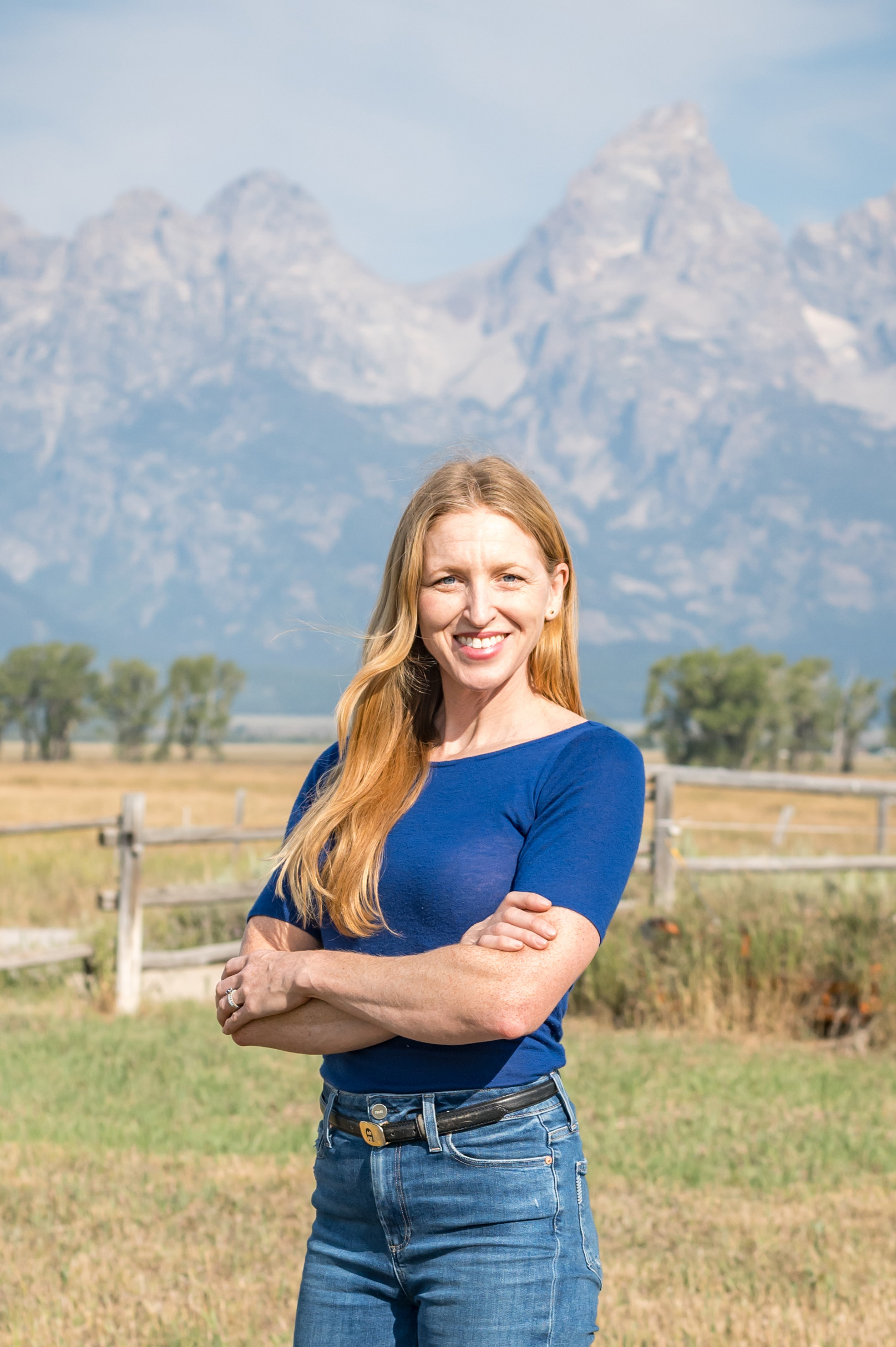Lessons Learned for Nature Conservation: A Perspective from 15 Years of Research and Practice at a Global Conservation Organization

Dr. Reddy has led the conservation community towards greater impact through a focus on evaluation and learning. In this talk, she will draw upon her extensive experience bridging conservation science and practice, to highlight how conservation organizations can better design their programs.
—Robert Heilmayr, Assistant Professor, Bren School
Please email events@bren.ucsb.edu to access a recording of this talk
ABSTRACT
There is a broad agreement around the need to address the dual crises of biodiversity loss and climate change. While there are successes to celebrate, there is much more work to do. That is why the conservation sector needs to embrace learning, especially as we seek to achieve large-scale, durable, and equitable benefits for nature and people through systems change. We need to learn from previous work and set-up new work to generate learning. Further, we need to hold ourselves accountable for contributions to global goals for biodiversity, climate, and sustainable development. In this talk, I aim to support managers and researchers who are playing a critical role in transforming conservation into a sector that is fueled by learning and accountability to impact. I do this by drawing on lessons learned from The Nature Conservancy, a non-profit environmental organization operating in over 70 countries around the world. First, I present generalizable lessons learned from 15 years of evaluation research. Second, I present process-oriented lessons learned about how to set-up conservation programs for learning so that they can have a greater impact. I illustrate these lessons learned with examples drawn primarily from work on protected areas, habitat restoration and management, sustainable agriculture and fisheries, and community-based conservation. Translating these lessons learned into actions should result in far more conservation science focused on supporting implementation and more management decisions based on evidence, including scientific, community, and traditional knowledge.
BIO
Sheila leads TNC’s Monitoring, Evaluation, and Learning Program, which accelerates solutions to the biodiversity and climate crises through better use of evidence. Sheila's team does this through organizational reporting, capacity building, and strategic science. Sheila’s work in conservation science, applied economics, and corporate sustainability has received awards for innovation, academic and social impact. She serves as an Associate Editor for Conservation Science and Practice. She is the host of the Society for Conservation Biology's Impact Evaluation and Implementation Science seminar series. Sheila previously served as Associate Director of Strategic Initiatives and as a Senior Scientist and Strategy Advisor at TNC. Prior to TNC, Sheila was a Postdoctoral Fellow at Brown University in Economics and Ecology. She earned her Ph.D. in Marine Biology from Scripps Institution of Oceanography through a program with the Department of Economics, University of California-San Diego. She has B.S. in Biological Sciences from Stanford University.